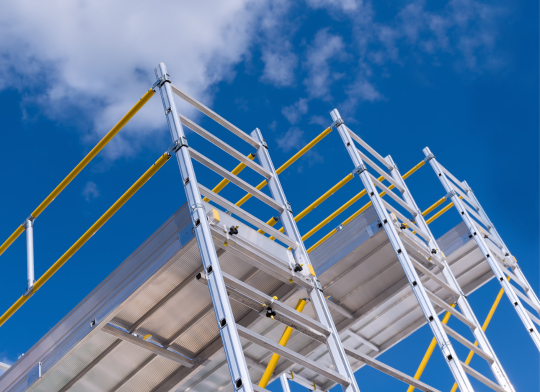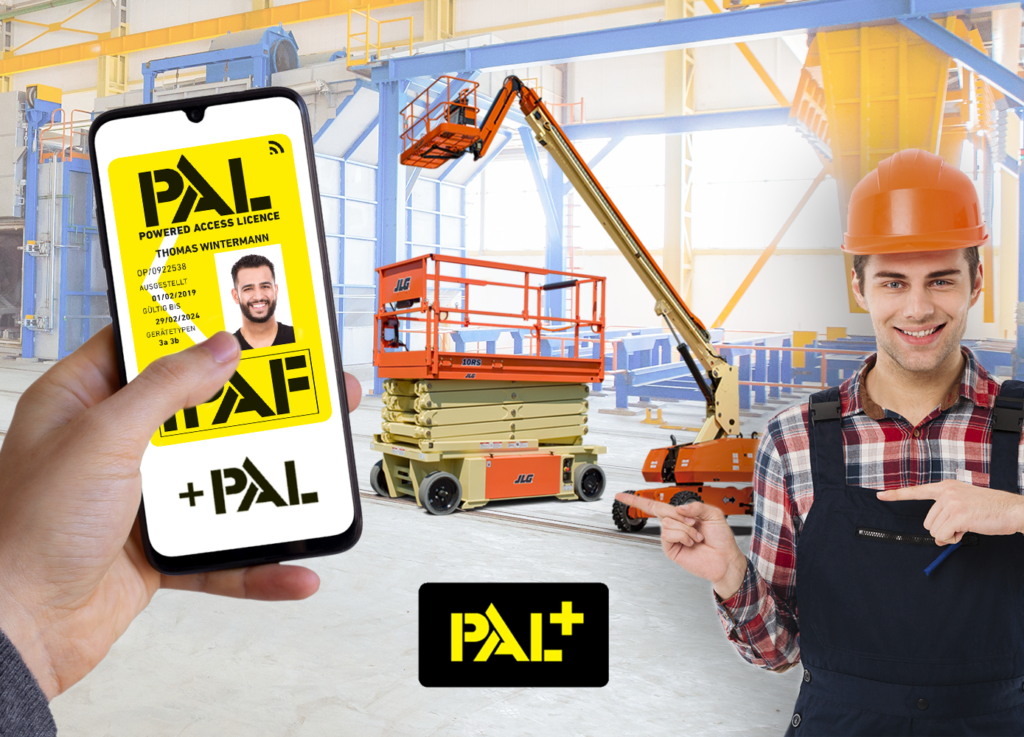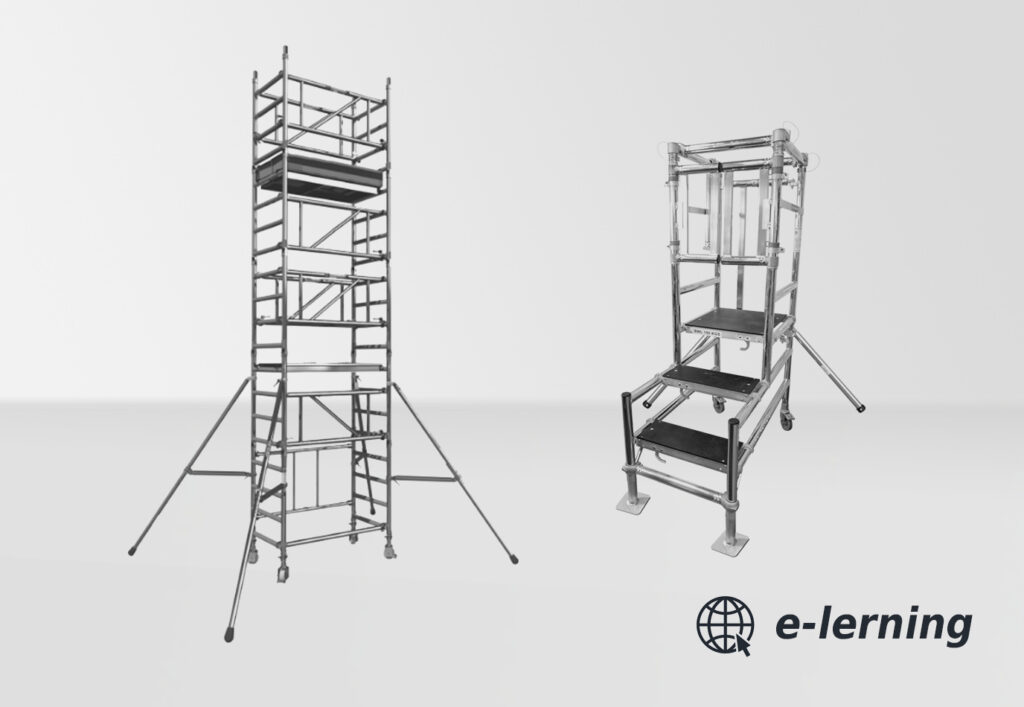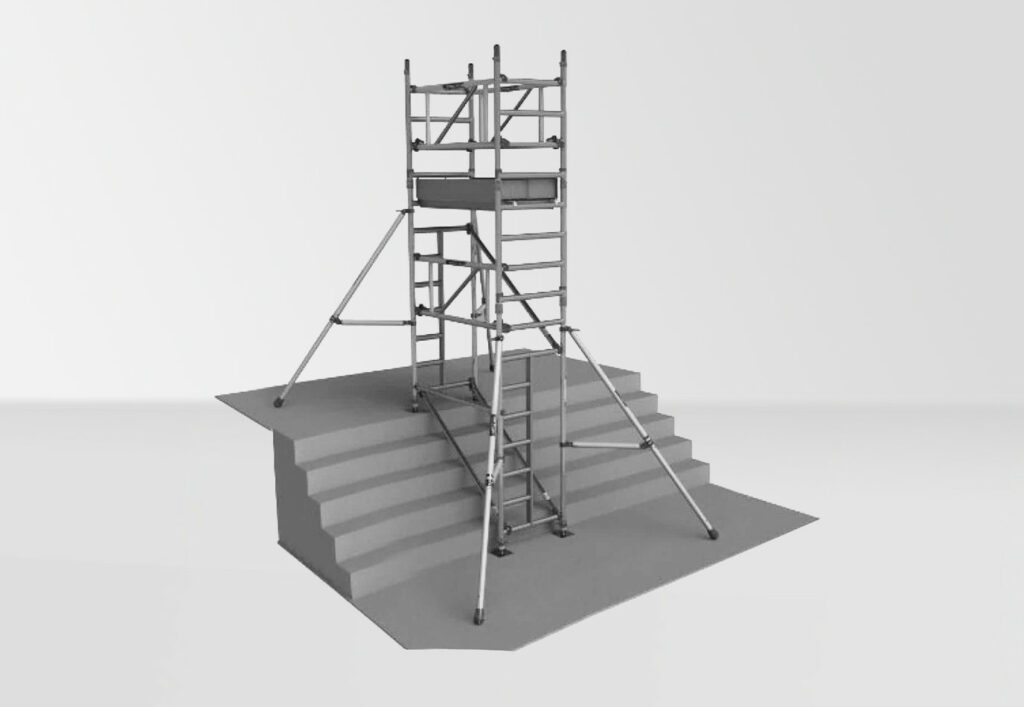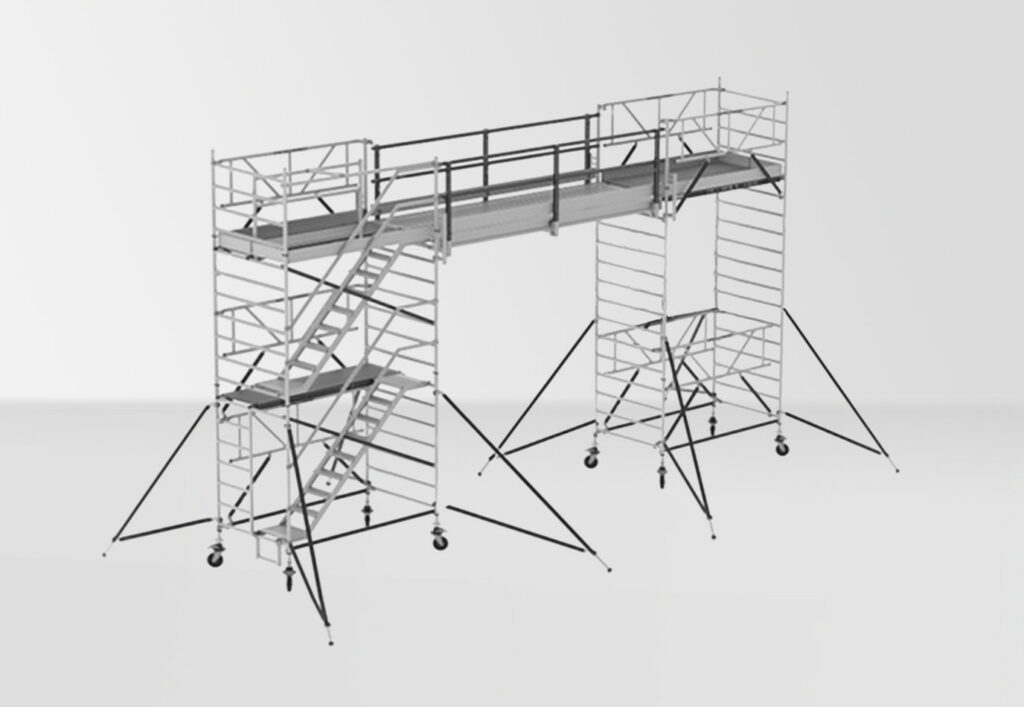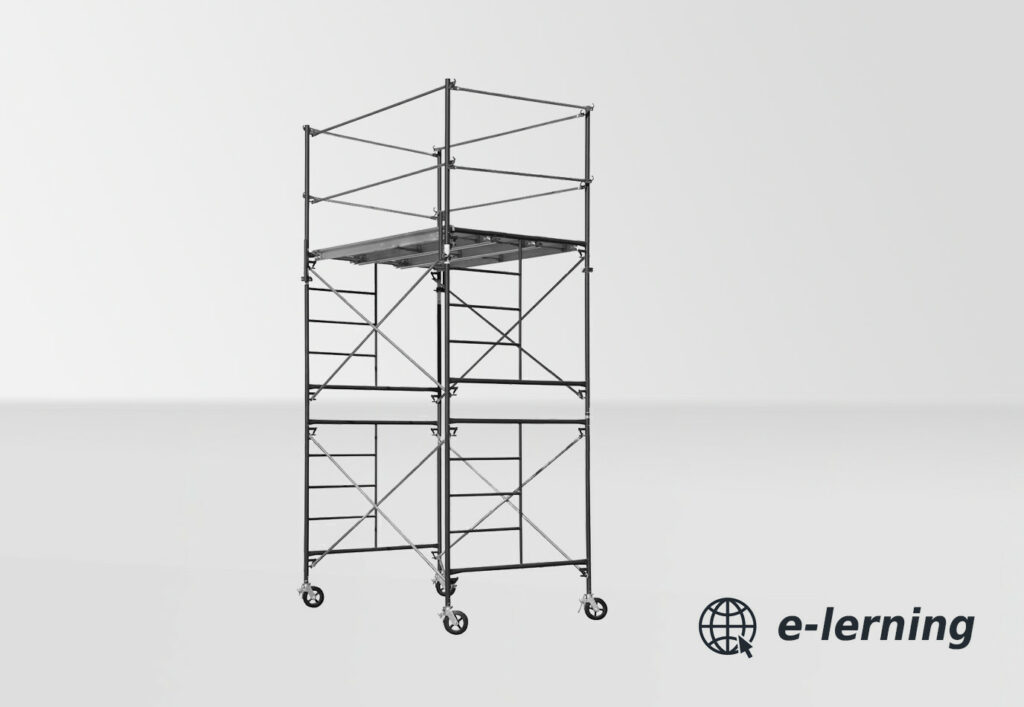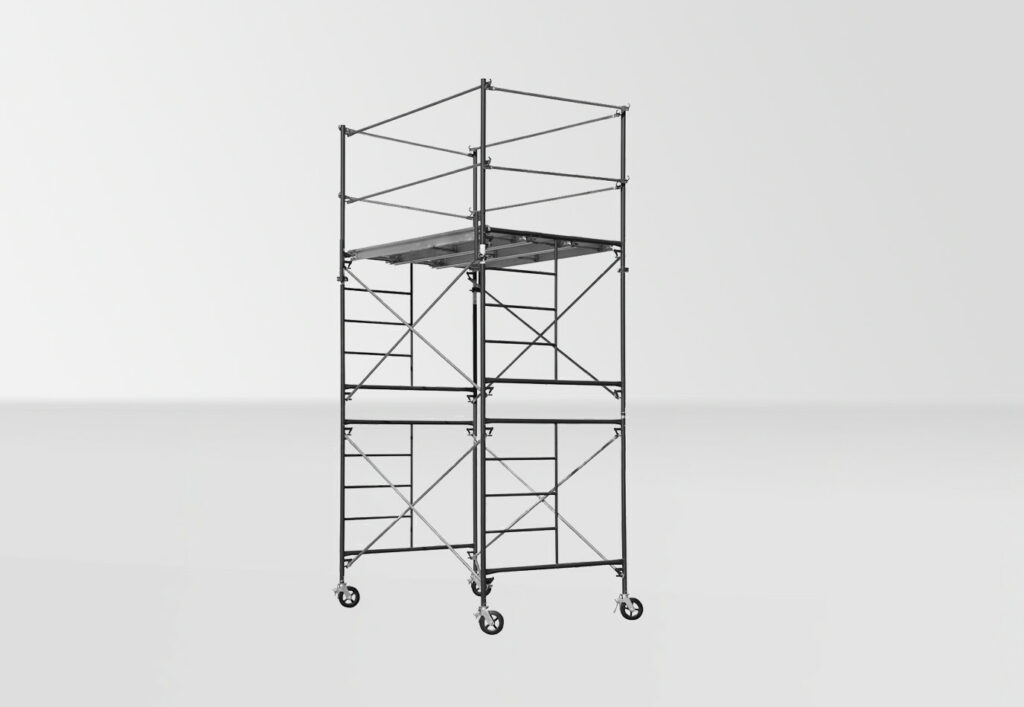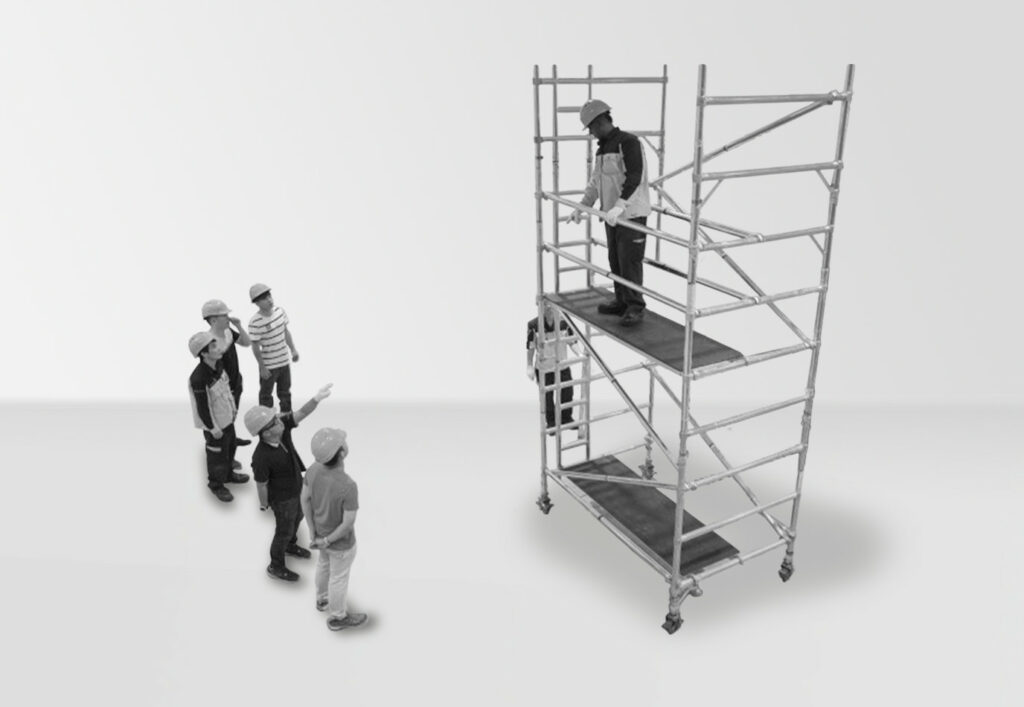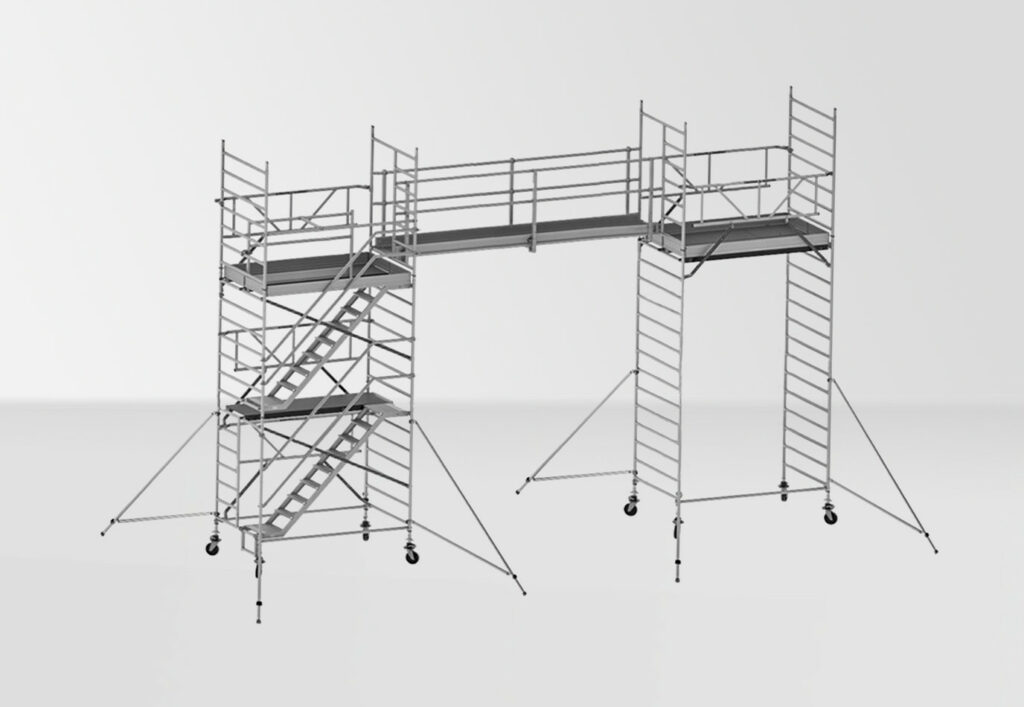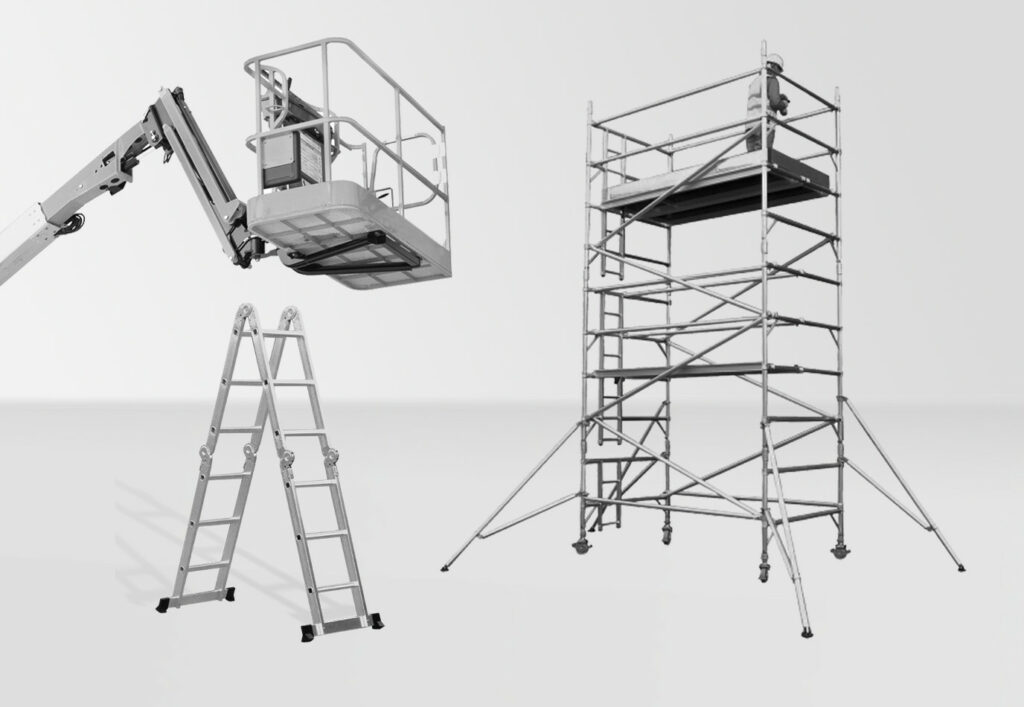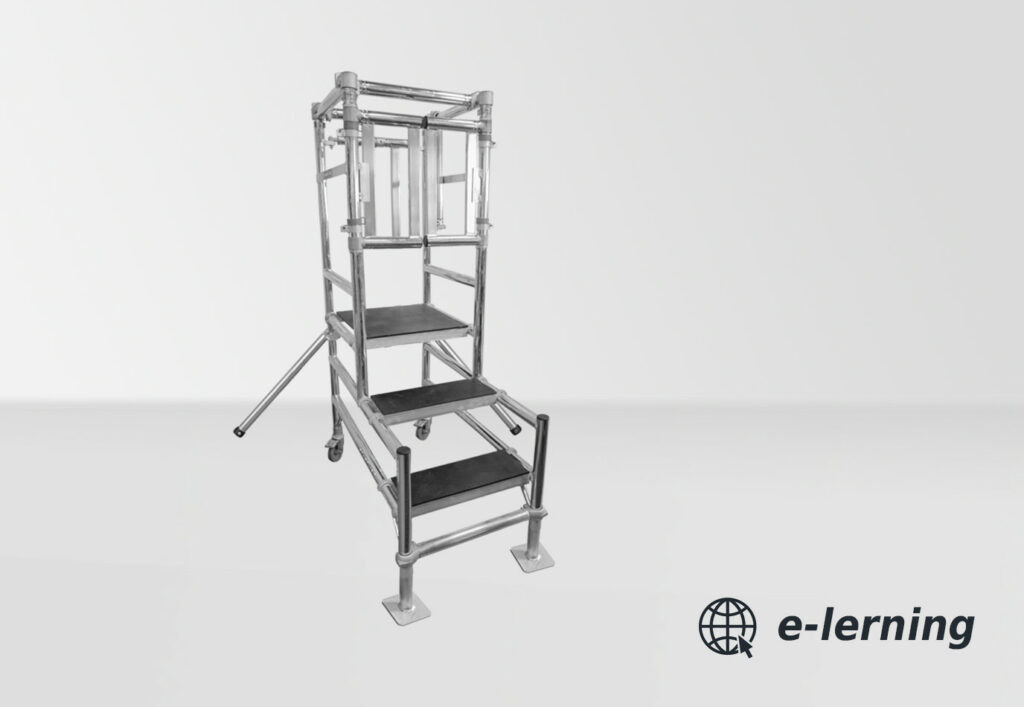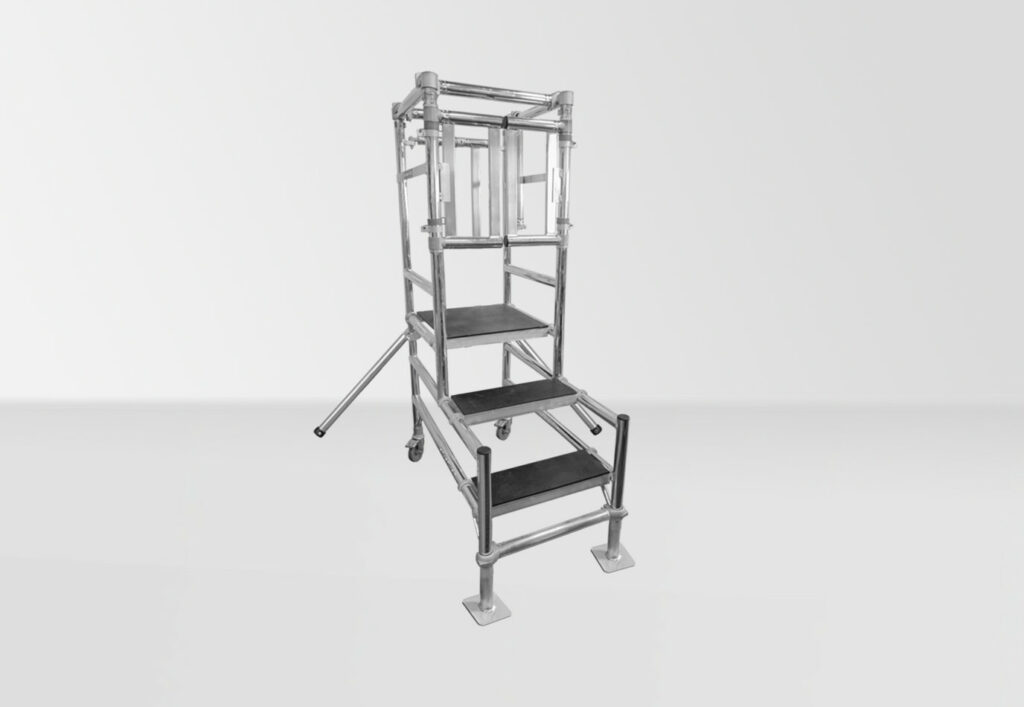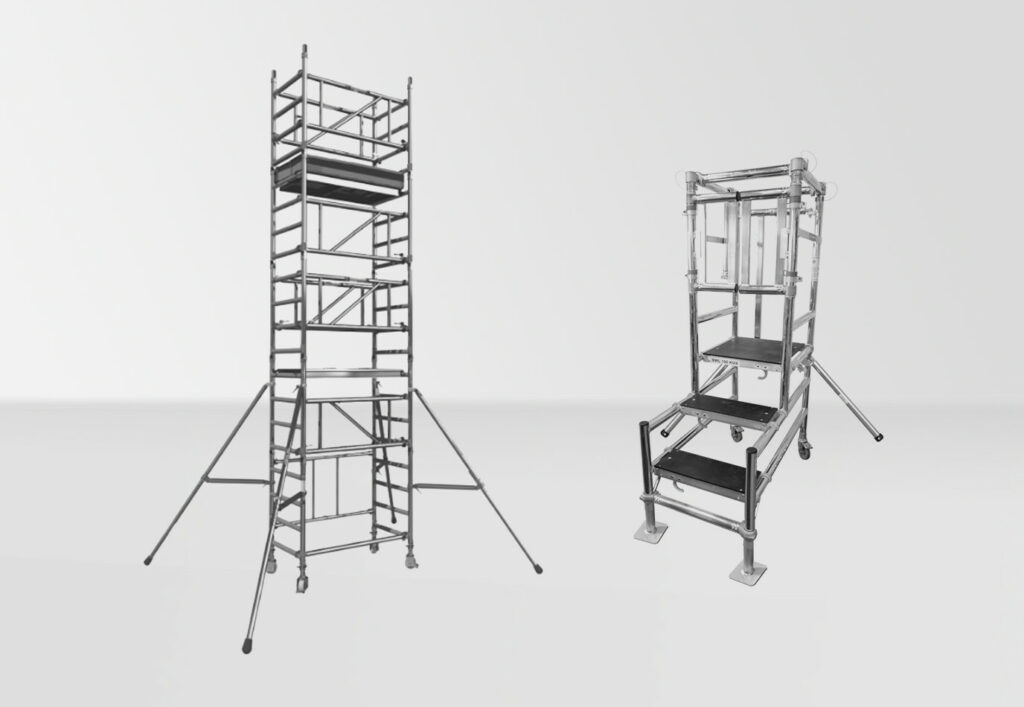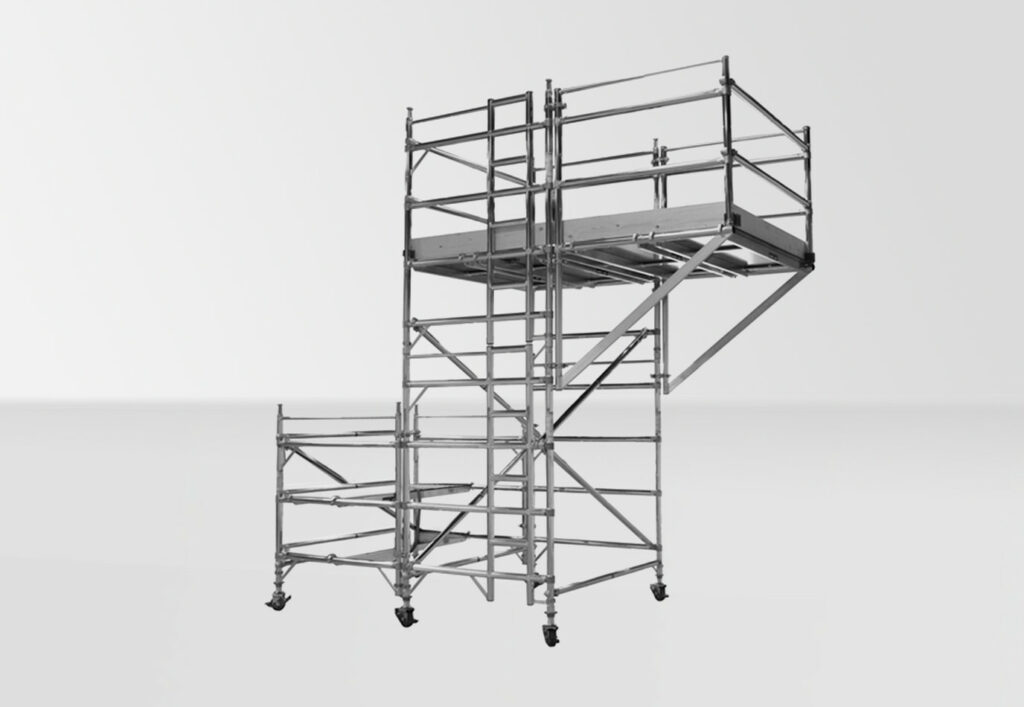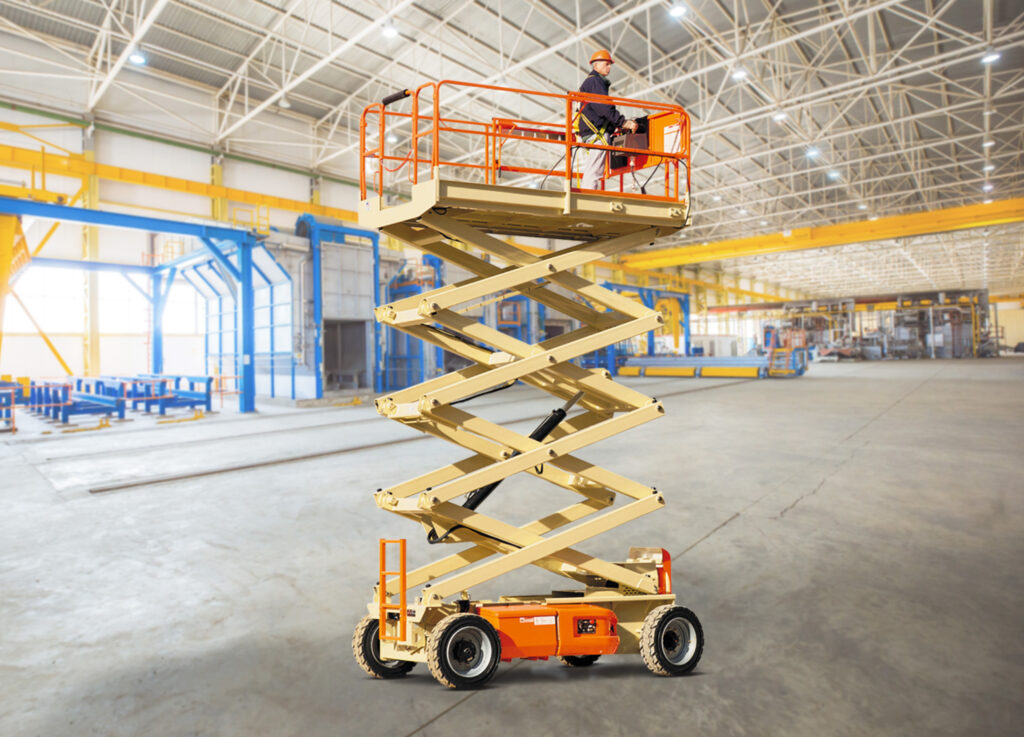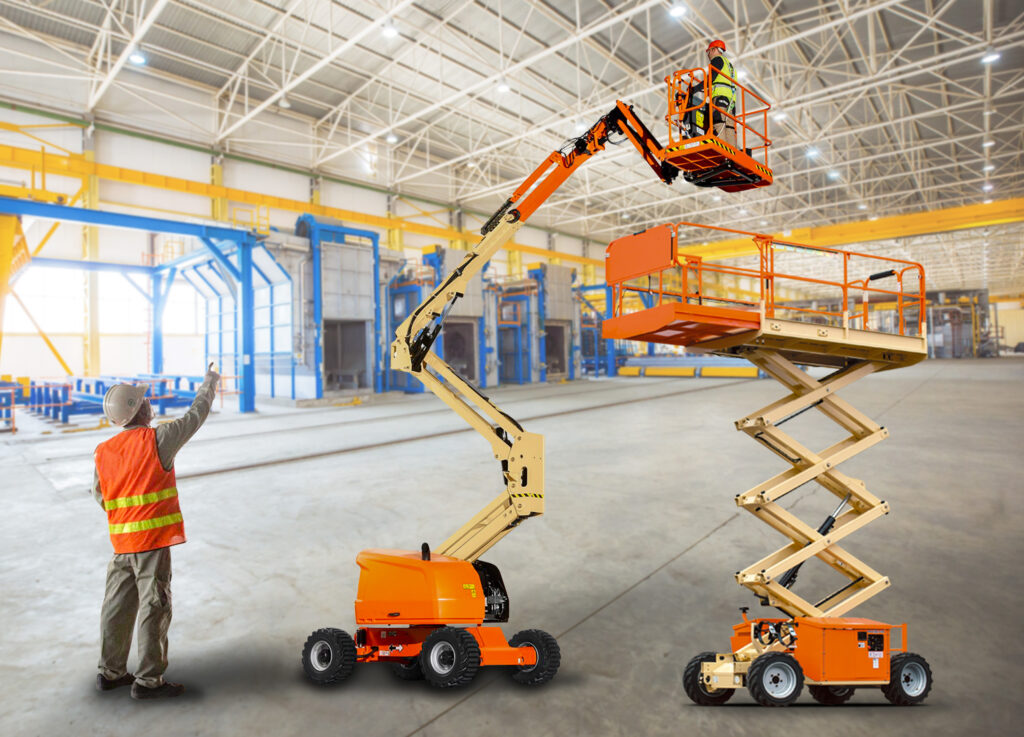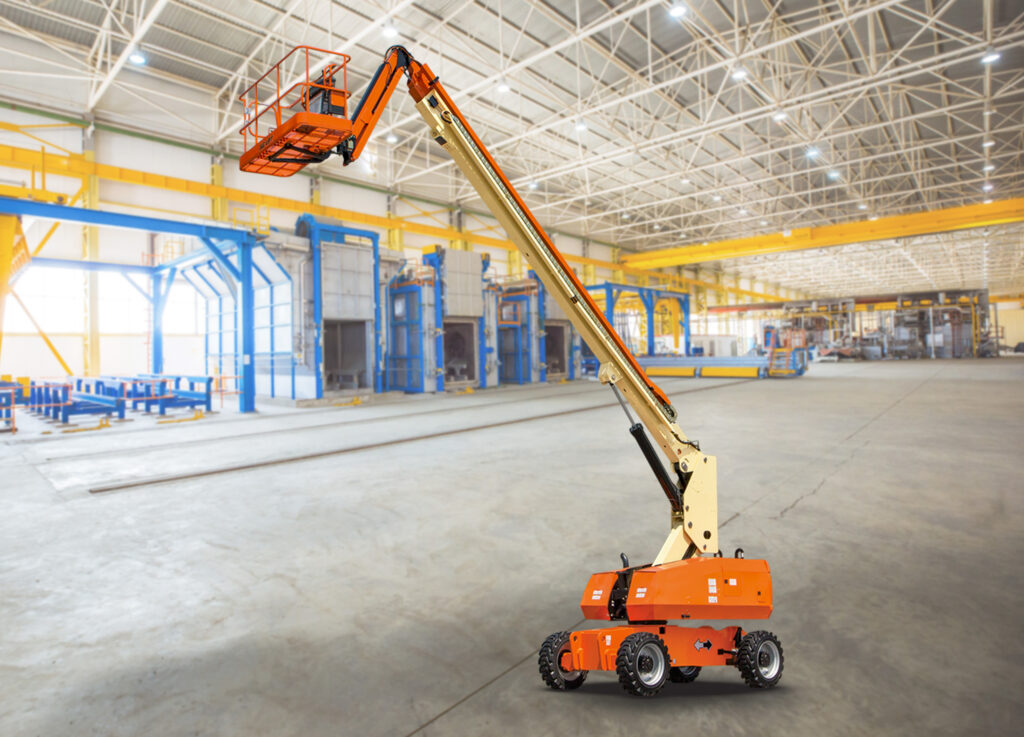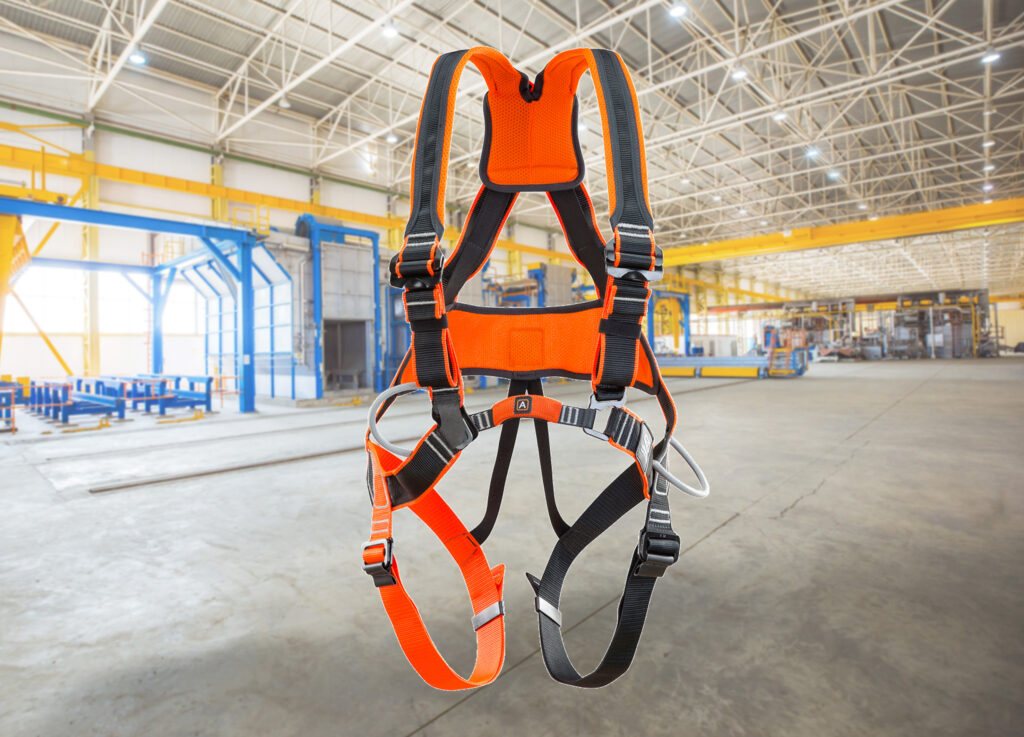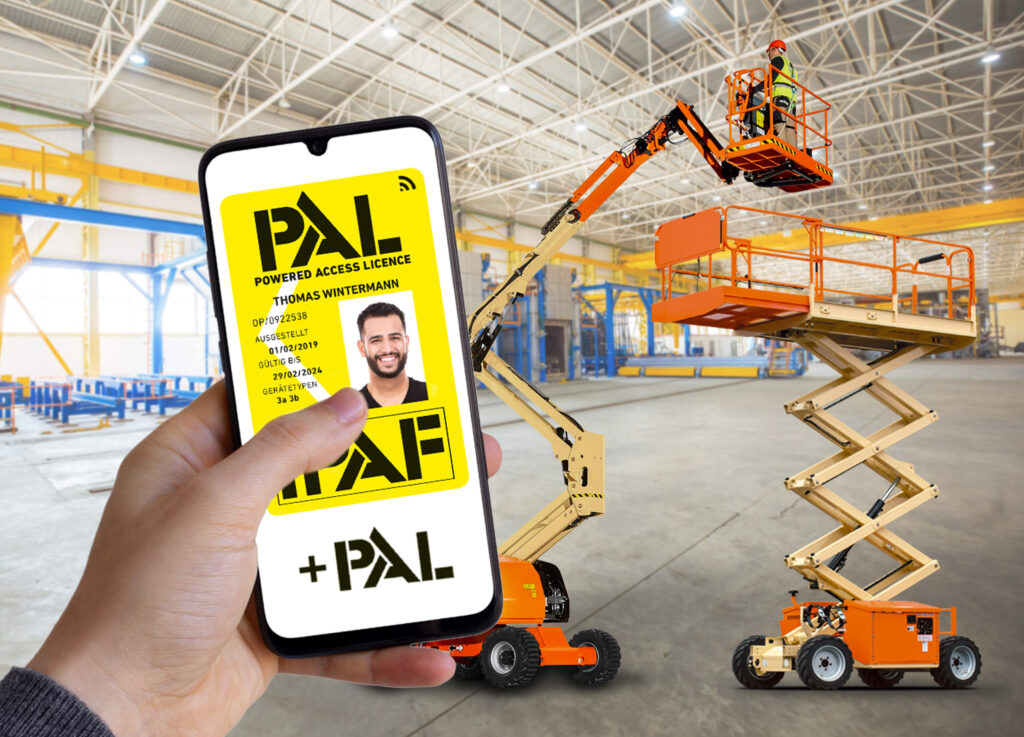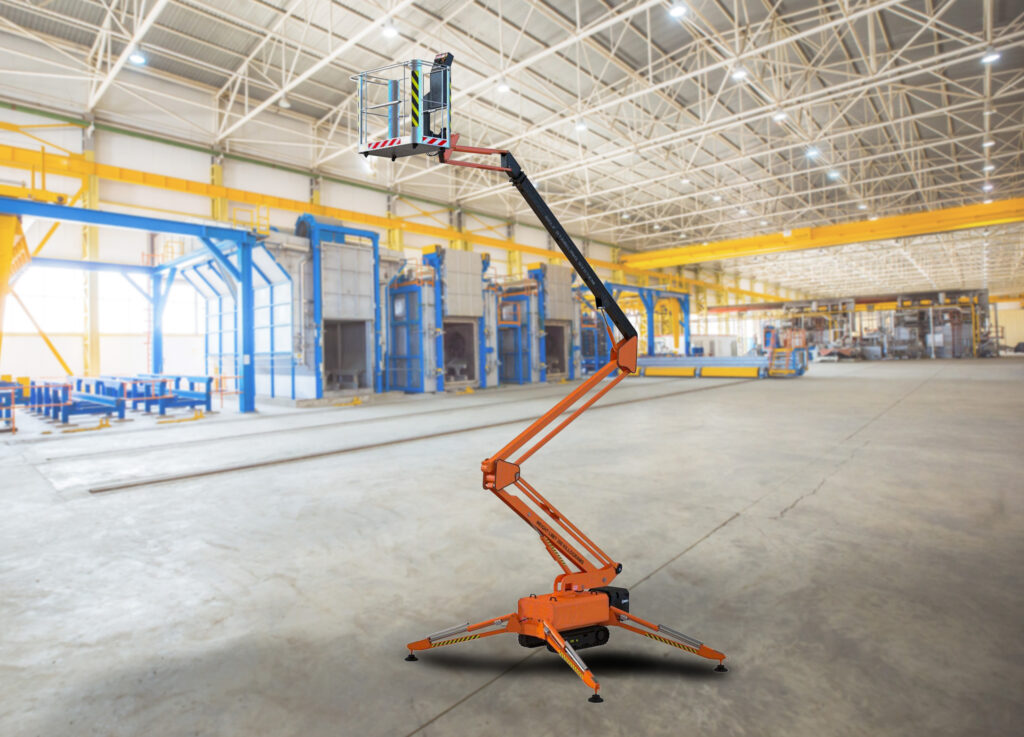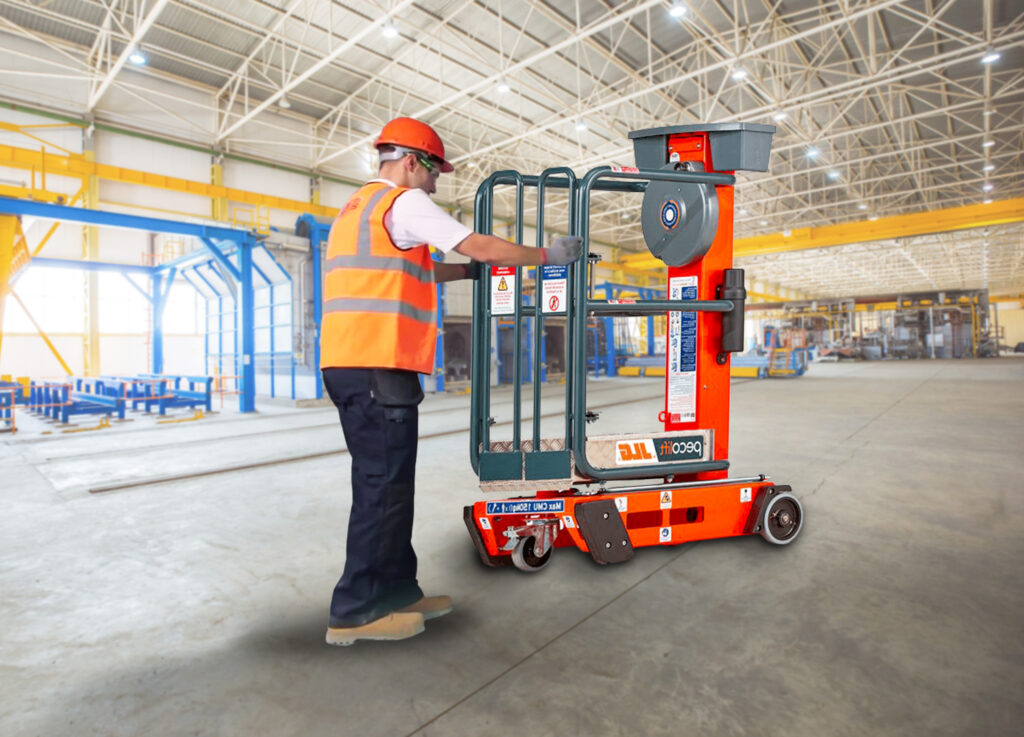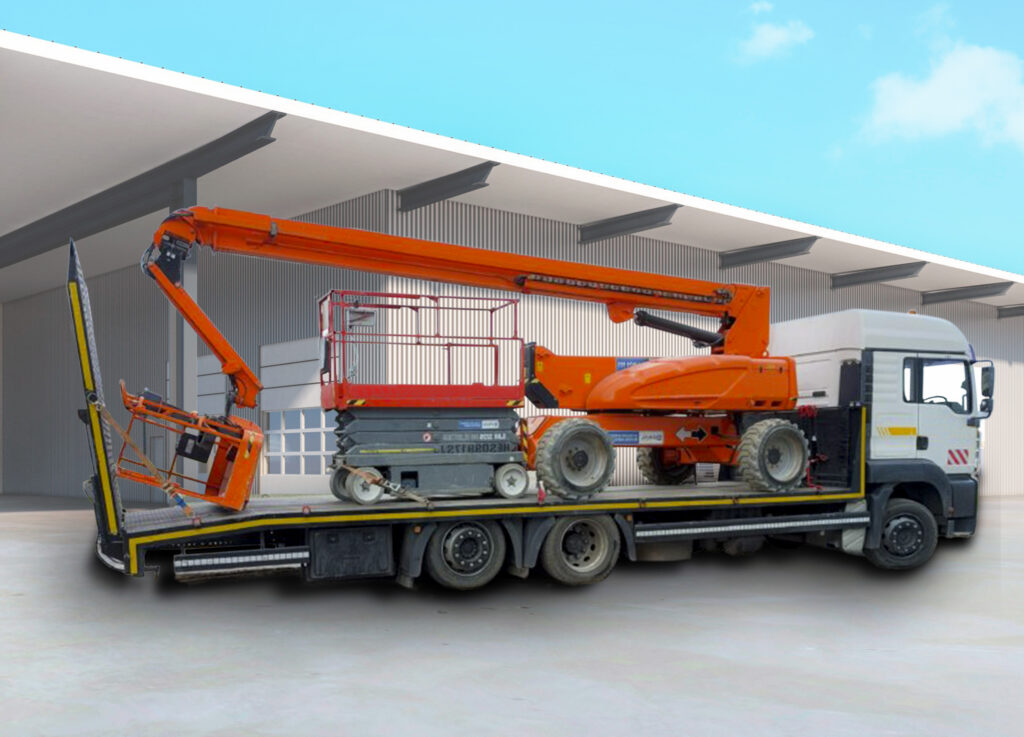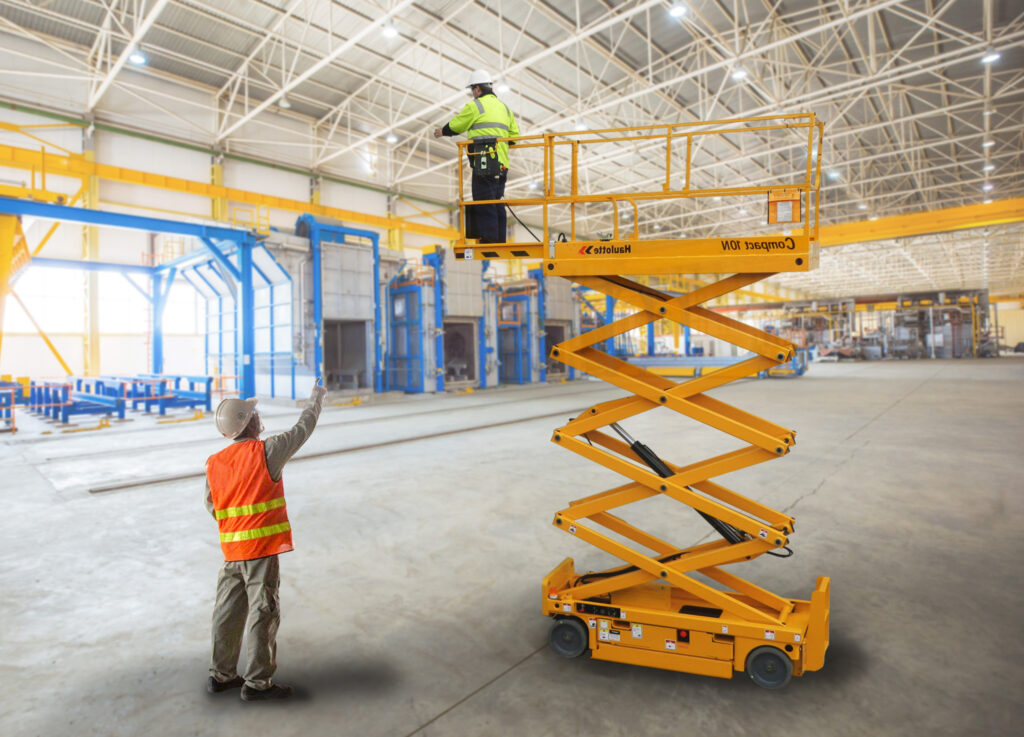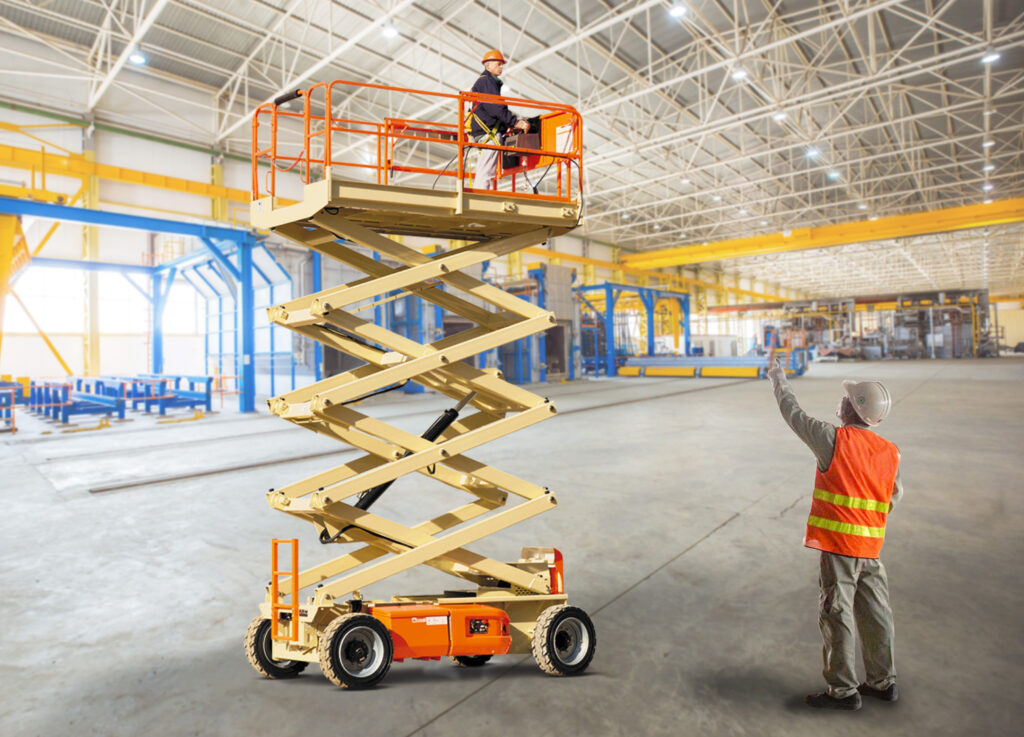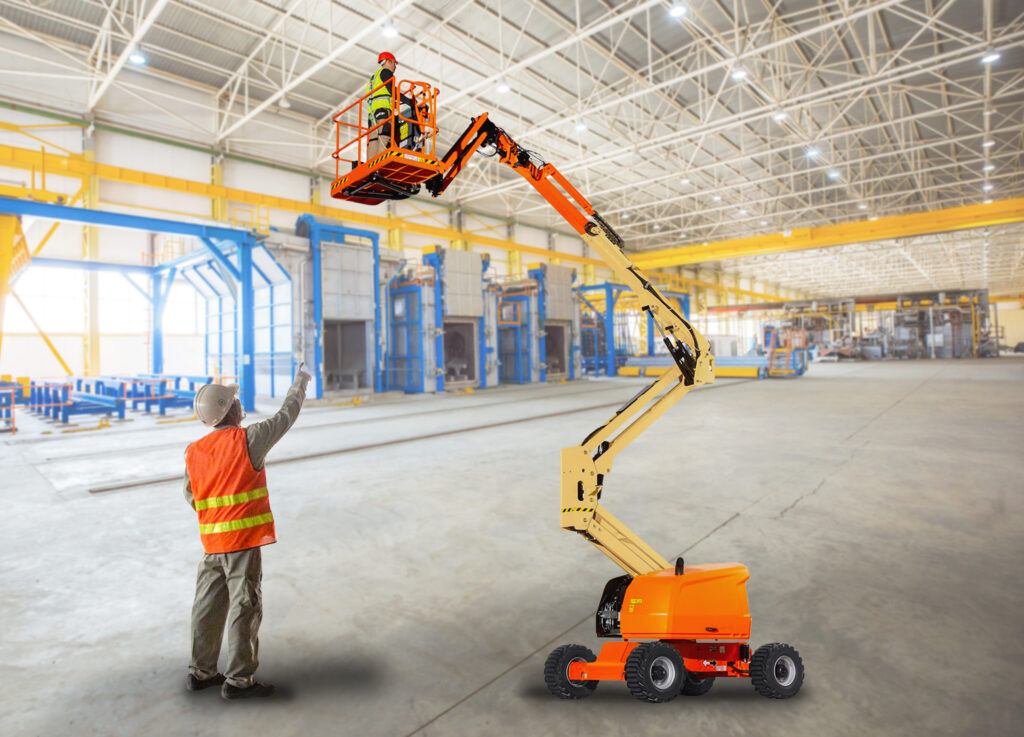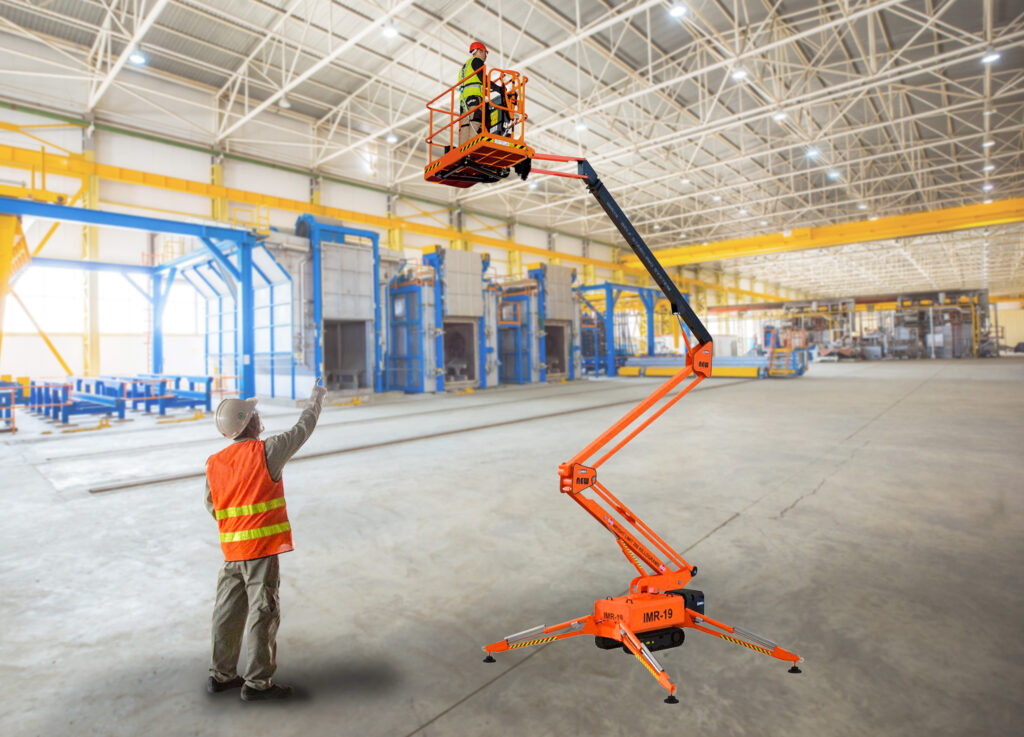Comprehensive Working at Heights Courses by Construction and Plant Training Services
At Construction and Plant Training Services, we offer industry-leading Working at Heights Courses designed to ensure safety and compliance with UK regulations. Our courses cater to individuals at all skill levels, from beginners to advanced practitioners, focusing on essential safety protocols and practical techniques.
Why Choose Our Working at Heights Courses?
Our Working at Heights Courses are meticulously structured to cover all critical aspects of working safely at heights. Importantly, our courses include comprehensive Working at Height Training, which is essential for anyone involved in elevated work environments. Safety is our priority, and our courses reflect this through detailed instruction on fall protection, risk assessment, and emergency response.
Course Offerings
Beginner Working at Height Course
Our beginner course is perfect for those new to working at heights. It covers the basics of elevated work safety and introduces the necessary safety equipment. Students will learn about the UK’s Working at Height Regulations UK, which are vital for compliance and safety in the workplace.
Advanced Working at Height Techniques
For those with some experience, our advanced course dives deeper into fall protection training and sophisticated risk assessment strategies. Participants will also receive training in emergency procedures and rescue training, preparing them for any unforeseen incidents.
Specialist Height Safety Training
Our specialist course focuses on industrial height safety training and professional working at height training. It is designed for professionals who need in-depth knowledge and skills to manage complex elevated work scenarios. This course also includes modules on working at height legislation and safe working at height practices.
Course Benefits
Our courses offer several key benefits. Firstly, they ensure compliance with all relevant working at height regulations. This is crucial for both legal adherence and the safety of all personnel. Secondly, our training improves overall site safety, reducing the risk of accidents. Furthermore, we offer accredited working at height training, ensuring that your certification is recognised across the industry.
Student Testimonials
“The Working at Height Training was incredibly detailed and informative. I now feel much more confident in my ability to work safely at heights.” – John D., Construction Worker
“The instructors were knowledgeable, and the practical sessions were invaluable. The course covered everything from fall protection to emergency response.” – Emily R., Site Manager
Enrol in Working at Height Course
Enrolling in our courses is straightforward. Whether you are looking for online working at height courses or in-person training, we have flexible options to suit your needs.
To enrol in a Working at Height Course, visit our website or contact us directly for more information. Our friendly team is here to assist with any training enquiry you may have.
Conclusion
Choosing Construction and Plant Training Services for your Working at Heights Courses means prioritising safety, compliance, and professional growth. Our courses are designed to provide you with the skills and knowledge needed to work safely at heights, ensuring you are well-prepared for any challenge.
Invest in your safety and career by enrolling in one of our Working at Heights Courses today. For more information, visit our socialmedia or contact us directly.
IPAF and PASMA training courses offer a wide range of programmes designed to give people the skills they need to work at height. IPAF Training Midlands, IPAF Training Stoke and nationwide IPAF training providers offer convenient locations for individuals and companies. On-site PASMA training and weekend PASMA training courses are available for added flexibility.
PASMA (Prefabricated Access Suppliers and Manufacturers Association)
PASMA is the leading authority for ensuring safety and delivering training related to mobile access towers. PASMA offers a variety of advanced PASMA training courses, including PASMA cantilever training and PASMA advanced training. They provide IPAF and PASMA certification, including the widely recognized IPAF PASMA card.
The training courses offered by IPAF and PASMA present a wide range of programs designed to equip individuals with the necessary skills for working at elevated levels. IPAF training Midlands, IPAF training Stoke, and nationwide IPAF training providers offer convenient locations for individuals and businesses. On-site PASMA training and PASMA training weekend courses are available for added flexibility.
PASMA training courses encompass topics like mobile scaffold tower assembly, mobile scaffold tower training, PASMA scaffold tower inspection, and PASMA tower scaffold training. By obtaining a PASMA certificate for scaffolding, also known as the PASMA ticket, professionals demonstrate their proficiency in working safely with mobile scaffold towers.
Course cost
PASMA course cost and PASMA ticket price may vary, but investing in PASMA and IPAF training courses ensures safety and compliance with industry standards. PASMA refresher courses and PASMA for managers keep professionals current on best practices and regulations.
PASMA training is offered at various locations, including PASMA training North East and PASMA training North West centres. PASMA qualifications, such as the PASMA license, guarantee that professionals working with mobile access towers have the essential skills and knowledge for safe and efficient operations.
IPAF and PASMA courses, like IPAF PASMA training and IPAF PASMA courses, provide valuable expertise for working with mobile access towers. PASMA tower training, tower scaffold course, and scaffold tower training courses prepare individuals for safe, productive work in various industries.
Mobile scaffold, mobile scaffold tower, mobile scaffold tower course, mobile scaffold tower training, and mobile tower scaffold certificate programs are designed to equip professionals with the necessary skills and knowledge to work safely with mobile access towers. Nationwide IPAF training and on-site PASMA training offer the flexibility and convenience of attending courses at various locations tailored to specific business needs.
What we offer?
PASMA advanced training, PASMA cantilever training, and PASMA and IPAF training courses enhance your expertise in working with different types of mobile access towers. By obtaining a PASMA card, PASMA cert, PASMA certificate, or PASMA certificate for scaffolding, you demonstrate your commitment to safety and adherence to industry standards. The PASMA course cost, PASMA ticket cost, and PASMA ticket price may vary, but investing in these qualifications is essential for maintaining safety and compliance on the job.
PASMA courses, such as PASMA for managers, PASMA IPAF courses, PASMA refresher courses, and PASMA refresher courses, are designed to keep professionals up-to-date with best practices and regulations. Acquiring a PASMA license or PASMA qualification ensures that you have the necessary skills and knowledge for safe and efficient operations with mobile access towers.
Working at Heights Courses Training Location
PASMA training courses are offered in various locations, including PASMA training North East, PASMA training North West, and PASMA training weekend programs. These courses provide comprehensive training on how to safely assemble, dismantle, and use mobile access towers in a variety of industries.
In summary
Scaffold tower training courses, tower scaffold courses, and tower scaffold training programs are essential components of a well-rounded training program for professionals working at height. By attending these courses and obtaining the relevant qualifications, individuals can ensure they are equipped with the knowledge and skills necessary for maintaining safety and compliance on the job.
Looking for a scissor lift course that will give you the skills and knowledge you need to operate a scissor lift safely and effectively? Look no further than CPCS Training.
Our IPAF scissor lift course is designed to provide participants with the skills and knowledge required to operate a scissor lift in accordance with manufacturers’ instructions and industry best practice. The course covers topics such as pre-operational checks, safe operating procedures, and emergency procedures.
IPAF Scissor Lift Training for Operators
Upon successful completion of the course, participants will be issued with a CPCS card which is recognised by employers across the UK.
Scissor lifts are a versatile type of aerial lift that can be used for a variety of tasks. They are often used in construction and industrial applications, as well as for maintenance and repair work. Scissor lifts typically have a large platform that can accommodate multiple workers or a large amount of equipment. The platform is raised and lowered using hydraulic cylinders, which give the lift its distinctive “scissor” shape.
Scissor lifts use a system of interlocking supports, or scissors, to raise and lower the platform. The scissors are connected to a hydraulic system that provides the lifting power.
Scissor lifts are available in both electric and diesel-powered models. Electric scissor lifts are typically used indoors, while diesel-powered models are more common for outdoor applications. Scissor lifts can be either self-propelled or towed behind a vehicle.
Self-propelled models are more common, as they are more manoeuvrable and can be used in a wider range of applications.
There are several different types of scissor lifts, each with its own advantages and disadvantages. Rough terrain scissor lifts are designed for use on uneven or unpaved surfaces. They typically have four-wheel drive and larger tires that provide stability and traction on rough terrain.
Scissor lift training will give you the skills and confidence
Compact scissor lifts are smaller and more lightweight than other models, making them ideal for use in tight spaces. Some scissor lifts also have extendable platforms, which can be helpful when working at heights above 20 feet (6 meters).
So if you’re looking for quality scissor lift training that will give you the skills and confidence you need to operate a scissor lift safely and effectively, contact CPCS Training today.


